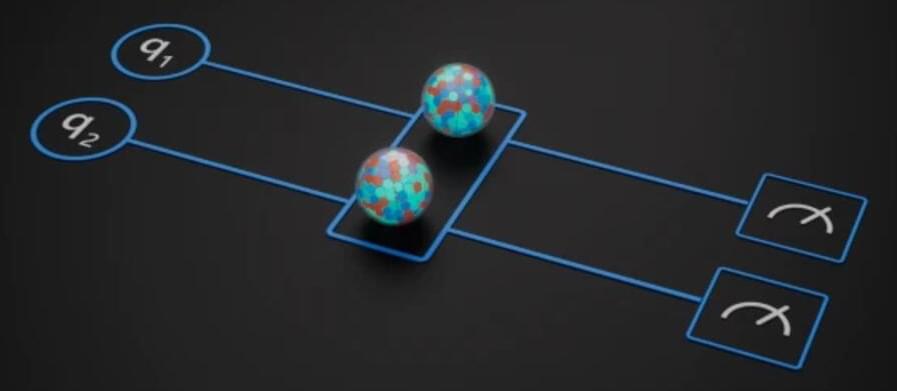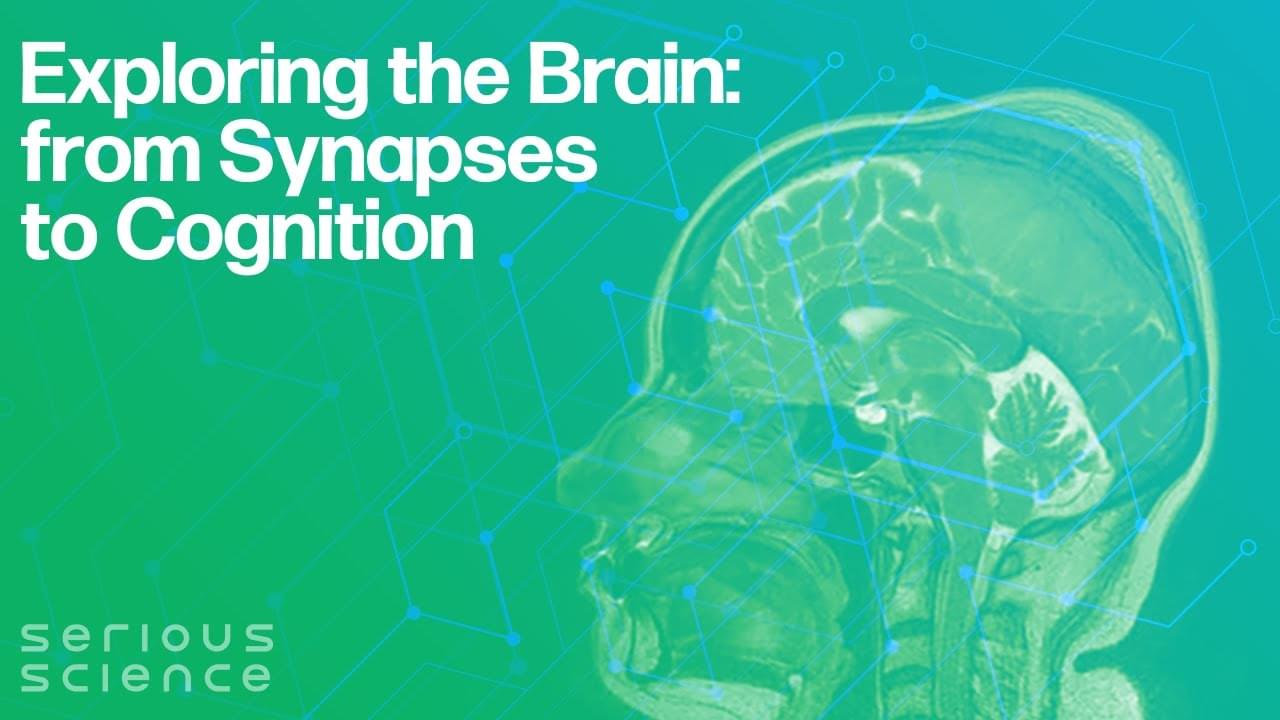The new BREAD experiment, which was designed to search the cosmos for mysterious dark matter, has returned its first results.
Microsoft is on the verge of a major quantum computing breakthrough in collaboration with Quantinuum. In a recent announcement, the tech giant indicated that it ran more than 14,000 experiments without encountering a single error.
The company attributes this to Quantinuum’s ion-trap hardware alongside its new qubit-virtualization system. It unlocked this impressive feat because the system allows the team to check logical qubits, thus presenting an opportunity to correct any errors without affecting the progress.
The researchers behind the breakthrough spread the quantum information across groups of connected quantum bits to form logic qubits. Per the report, the team used 30 qubits to make four logical qubits. It was through this process that the team was able to run countless experiments without encountering any errors.
The development of electromagnetic catapults on China’s Fujian aircraft carrier began in 2001, which drew experience from the Shanghai Maglev Train project at the time. Land-based testing of the electromagnetic catapult for this Type 3 aircraft carrier can be traced back to 16 years ago. China has kept quiet about it, but satellite images from Western companies unveiled the truth.
#chinaaircraft #chinaobserver.
All rights reserved.
Use my code SABINEH here https://partner.ekster.com/SabineHossenfelder to get up to 35%off Ekster’s walletsPhysicists will soon begin an experiment at the S…
An exploration of the interdict scenario solution to the Fermi paradox. My Patreon Page: https://www.patreon.com/johnmichaelgodierMy Event Horizon Channel: htt…
A new report has raised alarms about a medical gas used in thousands of hospitals across the US that could be linked to cancer.
Ethylene oxide (EtO), a colourless, odourless gas used to sterilise medical equipment such as ventilators, surgical kits, catheters, and gowns, may cause cell mutations and increase cancer risks, including blood, stomach and breast cancer, according to recent research.
Concerns are particularly high for those living near sterilisation facilities where EtO can remain airborne for hours, causing repeated exposure.
Near 99 percent accuracy of bug patching in python programming language.
“The experiment deepens First Light’s ongoing partnership with Sandia National Laboratories, and helps the UK fusion leader to continue developing its unique amplifier approach to inertial fusion,” First Light Fusion explains.
First Light Fusion believes this “strengthens the case” for its “unique amplifier technology.” It also shows that the technology can be used, in theory, on other platforms, too.
In the core of the Sun, hydrogen is fused into lighter elements under extremely high temperatures and pressures. This fusion process produces light but also an incredibly large amount of energy. If we can replicate it on Earth, it could open the door to near-endless, clean energy.
The human brain is a remarkably complex organ, consisting of billions of interconnected neurons. It can be divided into distinct regions, each with specific functions, such as memory and decision-making. Cognition, which includes processes like perception, memory, language, and problem-solving, is all orchestrated by the brain. It’s through these cognitive processes that we perceive and interact with the world around us.
What is special about the structure of the brain compared to other organs? What is the principled way of understanding how the brain works? How does the brain contribute to our sense of Self? Is it possible to compare the brain with the computer? Is it possible to enhance the way that the brain works? What is the brain-basis of language?
These and other questioned are answered by Serious Science experts from leading universities from all around the world. The coursed is comprised of 15 lectures filmed in the period from 2014 to 2020. If you have any questions or comments on the content of this course — please write us at [email protected].
00:00 Connectomics / Jeff Lichtman.
14:30 Synapse Elimination at the Developing Neuromuscular Junction / Jeff Lichtman.
25:17 Genomic Imprinting and the Brain / Catherine Dulac.
36:50 Brain Function and Chromatin Plasticity / Catherine Dulac.
47:45 Free Energy Principle / Karl Friston.
1:02:45 Self-construction / Onur Güntürkün.
1:16:38 Brain Networks / Sylvain Baillet.
1:32:33 Computational Modeling of the Brain / Sylvain Baillet.
1:47:22 Cognition Without a Cortex / Onur Güntürkün.
2:02:17 Brain Training / Barbara Sahakian.
2:14:50 Brain Language Research / Friedemann Pulvermüller.
2:26:49 Brain Imaging / Karl Friston.
2:39:30 Functional Brain Imaging / Srinivas Sridhar.
2:52:21 Clinical Brain Imaging / Sylvain Baillet.
3:08:38 Effect of Music on the Brain / Lauren Stewart.
Follow us:
LinkedIn: / serious-science.
Twitter: / scienceserious.
FB: / serious.scie…
Instagram: / serious.sci…
Support us on Patreon to see more videos: / seriousscience.
For the first time in nearly a century, a new genus of plant has been discovered in Japan, but it looks more like a squid or an alien than a plant.
The modded Cybertruck is bolstered with four huge snow tracks that make the stainless steel SUV look like a mean little tank.









